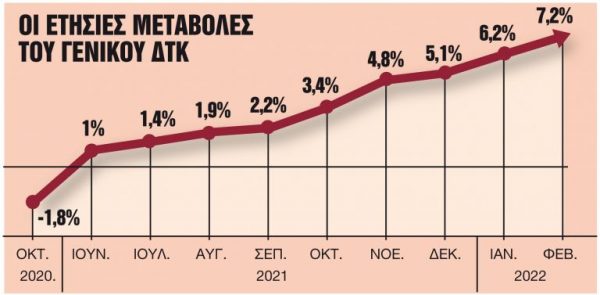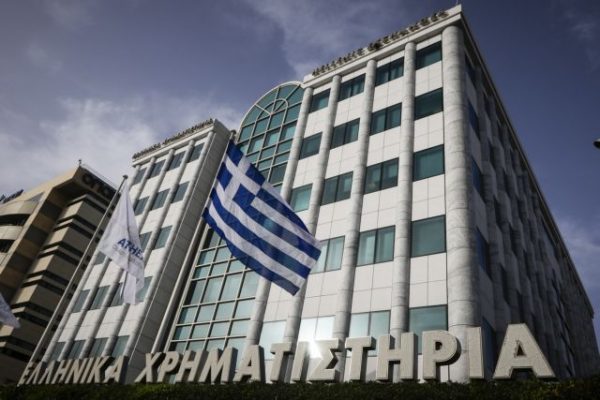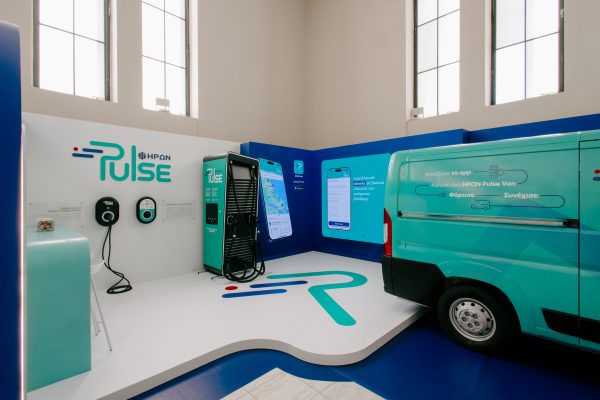
The 25-year record inflation in February heralds bad news about the level it can reach in March and the coming months, putting pressure on households and businesses. March turned out to be the month of price hikes, with businesses trying to cover the unprecedented rise in energy costs with price increases.
Estimates show an increase of more than 8% since last month – without taking into account the effects of war – the increase reached 7.2% and was close to the high records of 1996.
In the economic staff they are already resetting this year’s goals, which will be reflected in the Medium Term in April, with this task being too difficult due to the high uncertainty caused by the unknown outcome of geopolitical turbulence. Revised projections currently raise inflation by more than 4-5%, from initial estimates to 1%.
Analysts estimate that inflation, in 2022, will remain at the level of the first months, at 7%, as price pressures concern not only the energy sector but many other sectors, as well. Nightmarish scenarios even suggest an increase that can reach 11%. If these forecasts are confirmed, then the price rises will return to their highest level since 1994, when inflation surged (10.7%), while, in 1993, it was at 12%.
The impact is not limited to the economic field alone, but has serious consequences on the social and political life, as well. The figures are characteristic: within a year the price of natural gas increased by 78.5%, electricity by 71.4% and heating oil by 41.5%.

Moves of the Greek government
The price surge shrinks incomes and puts pressure on businesses, as well as it fuels political recriminations between government and opposition. The government is trying to find a common European solution that will give the financial staff the budgetary leeway to cover as much cost as possible.
The best of the expected revenues, in the first two months of the year, gave the significant space for the recent package of measures to 1.1 billion. At the moment, the government is refuting the scenarios for a reduction in fuel taxes. The Greek economy could not afford such a move. The 60% of the final consumer price of motor fuels in Greece is due to VAT and excise duty.
Since September, the government has allocated approximately 3.5 billion euros for energy and heating costs to support households and businesses. Most of this amount is fiscally neutral as it is covered by the transition fund. The government, however, has made it clear that it will continue to support the Greek citizens with support measures, but in fear of potential turmoil in the markets, it keeps some measures in reserve.
Latest News

Airbnb: New Measures Add €600 in Extra Costs for Property Owners
Property managers face an immediate administrative fine of 5,000 euros if access to the inspected property is denied or any of the specified requirements are not met.

Economist: Greece Included in the Best Performing Economies in 2024
Meanwhile, Northern European countries disappoint, with sluggish performances from the United Kingdom and Germany.

EasyJet Expands Its Routes from Athens
The airline’s two new routes will be to London Luton and Alicante and they will commence in summer 2025.

Capital Link Forum Highlights Greece’s Economic Resurgence; Honors BoG Gov Stournaras
Capital Link Hellenic Leadership Award recipient, Bank of Greece Gov. Yannis Stournaras, an ex-FinMin, was lauded for his pivotal role during Greece’s economic recovery

Tourist Spending in Greece Up by 14%, Visa Card Analysis Shows
Greece’s capital Athens emerged as the most popular destination, recording a 17% increase in transactions with Visa cards, surpassing even the cosmopolitan island of Mykonos.

Inflation in Greece Unchanged at 2.4% in Nov. 2024
The general consumer price index (CPI) posted a 0.4% decrease in November compared to the previous month

2024 Christmas Holidays: Extended Shop Hours Schedule
The 2024 Christmas Holidays extended shop hours schedule commences on Thursday, December 12 and runs until the end of the year.

ELSTAT: Seasonally Adjusted Unemployment Down in October
The number of employed individuals reached 4,284,694, an increase of 67,723 compared to October 2023 (+1.6%) and 22,002 compared to September 2024 (+0.5%).

Greek PM’s Chief Economic Adviser Resigns
In the post on his Facebook page, Patelis did not disclose the reasons that led him to step down.

“Masdar Invests in the people of Greece and in the vision of TERNA ENERGY”
Four messages from the CEO of Masdar, the Arab renewable energy giant, after its acquisition of 70% of TERNA ENERGY













![Fraport: Πάνω από 35 εκατ. επιβάτες στα αεροδρόμια το 11μηνο – Πτώση στη Μύκονο [πίνακας]](https://www.ot.gr/wp-content/uploads/2022/06/fraport-90x90.jpg)

























![Fraport: Πάνω από 35 εκατ. επιβάτες στα αεροδρόμια το 11μηνο – Πτώση στη Μύκονο [πίνακας]](https://www.ot.gr/wp-content/uploads/2022/06/fraport-600x375.jpg)


 Αριθμός Πιστοποίησης Μ.Η.Τ.232433
Αριθμός Πιστοποίησης Μ.Η.Τ.232433